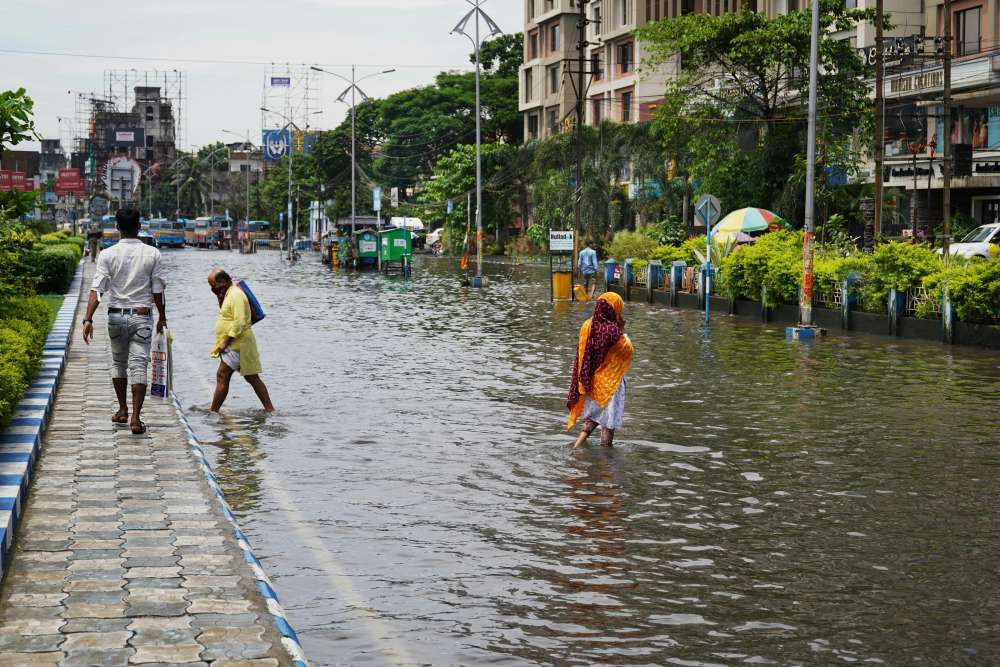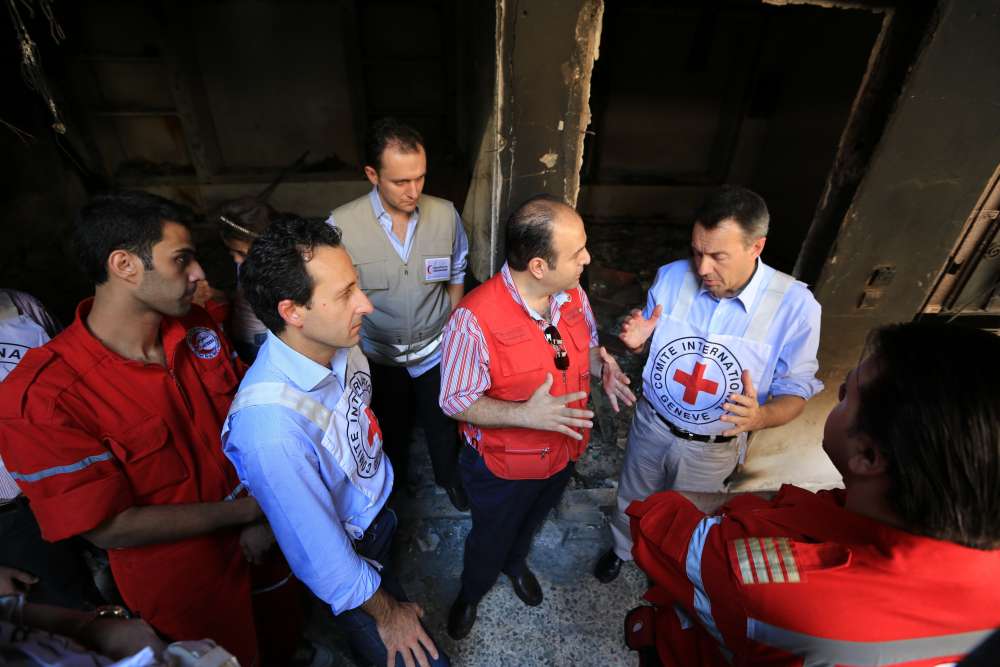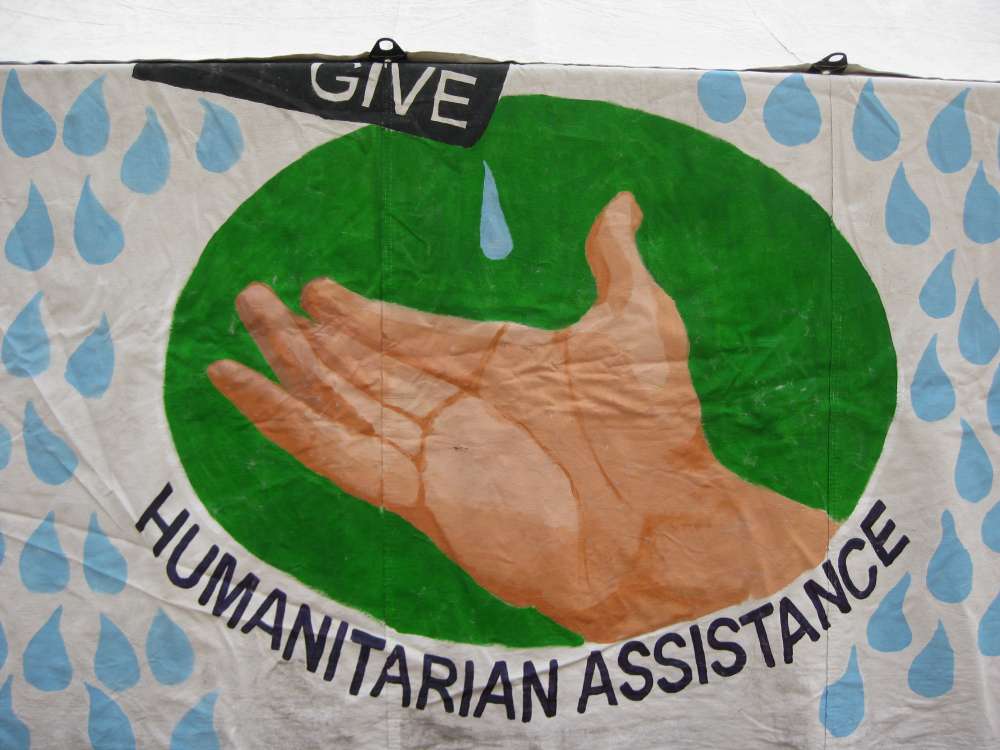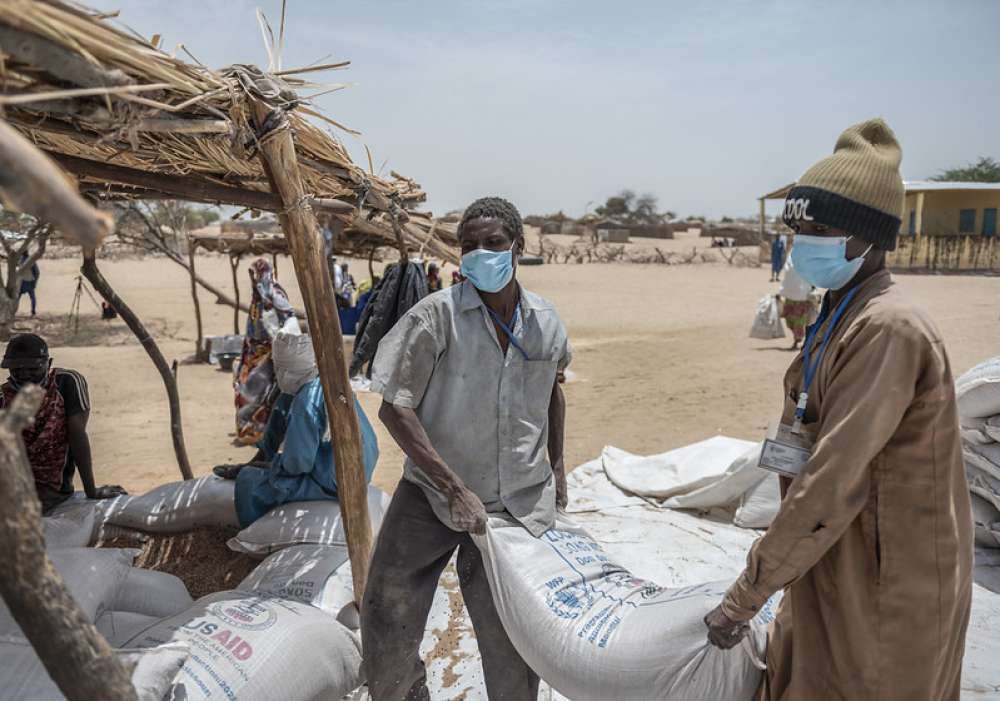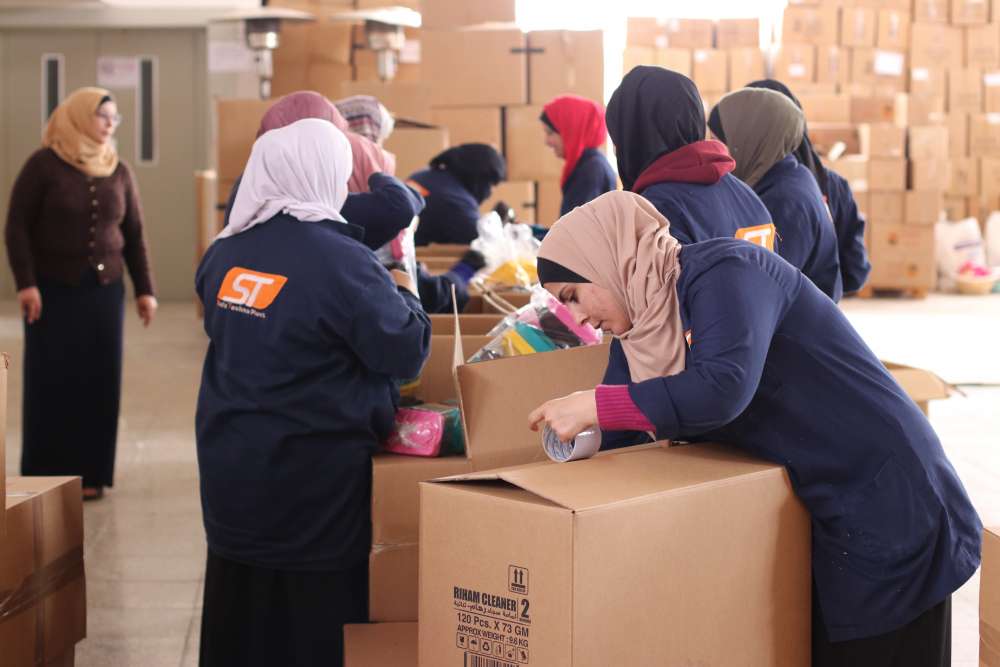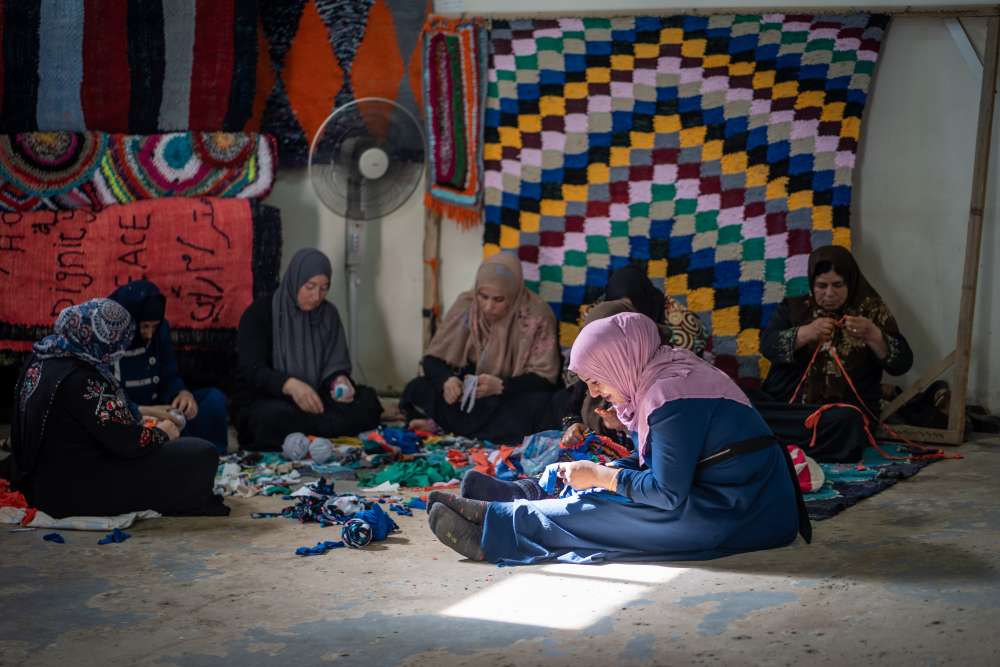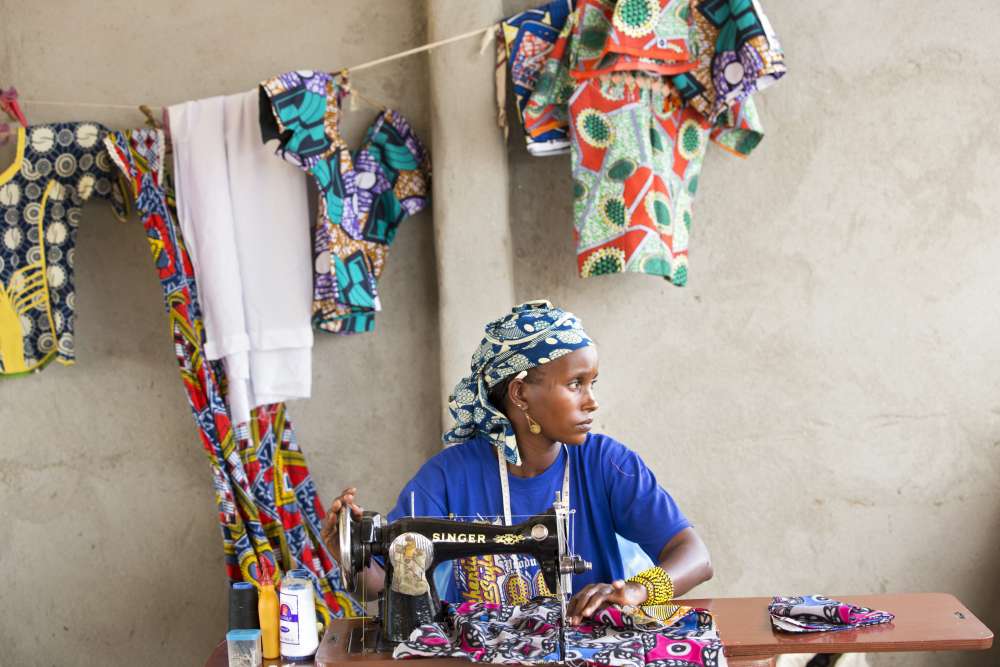Old Habits Die Hard at the World Humanitarian Summit

It was the first time that UN Secretary-General Ban Ki-Moon invited the world’s political leaders and top bureaucrats to “stand up for our common humanity and take action to prevent and reduce human suffering.” But has the summit delivered on the hopes that it would substantially improve humanitarian response?
It looks like the summit has brought some improvements but no real breakthrough. The improvements are based on voluntary commitments – most importantly the “grand bargain” agreed between 18 governments and 16 humanitarian organizations.
Two proposals stand out. It has been a long-standing demand to provide more support to local organizations that are the first to respond when a crisis hits and are there to stay when the internationals pack their bags to go home. At the moment, only 0.2 percent of the $25 billion humanitarian budget goes directly to local organizations. The signatories to the grand bargain, among them the US and UK governments, the International Committee of the Red Cross, UNICEF and the World Food Programme, have now committed to increase direct funding to local organizations to 25 percent by 2020.
There was also agreement to cut down on bureaucracy. Reform efforts have introduced tightly choreographed planning and reporting processes in order to limit the chaos of humanitarian interventions and provide some level of control and quality assurance.
As a result, many aid workers now spend their time in coordination meetings and writing reports, instead of directly helping those in need. The formal commitment made in the grand bargain to simplify and harmonize reporting requirements by the end of 2018 – championed among others by the German government – is therefore an important step in the right direction. Should donors agree on a common reporting template, a recent study estimates that this could save an astounding 11,000 hours in annual staff time for a single NGO.
No real breakthrough
However, the summit failed to bring about the breakthrough that many hoped for. One option for creating more systemic change would have seen member states agree on a new vision for humanitarian action and enforce it on humanitarian agencies from above. Such a vision would reinforce the rules governing conflict and design a different institutional setup for humanitarian response.
It was already clear before the summit that this was not going to happen. The World Humanitarian Summit – unlike for example the development and climate summits – was never intended to result in a formal, negotiated agreement. In addition, the agenda was not strong on the normative frameworks governing conflict. MSF drew attention to this fact by pulling out of the summit just days before it happened.
An alternative would have been to achieve systemic change “through the backdoor.” A reform proposal that attracted much attention in the run-up to and during the summit is to provide a major chunk of humanitarian assistance in the form of direct cash donations to beneficiaries. We estimate that offering people affected by crises cash instead of goods or services would be feasible in as many as 70 to 80 percent of all humanitarian contexts. Cash allows aid recipients to decide how resources are best allocated and covers a broad range of needs.
A significant shift to cash would also alter the set-up of the humanitarian system. Cash programs are most efficient when done at scale and thus call for large contracts. This would lead to fewer international organizations operating on the ground and therefore less need for coordination and joint planning. So far, however, there is no sign of a deal on the “cash reform.” Instead of making it the default mode of assistance and committing to specific targets, humanitarians merely promised to increase the use of cash “beyond current low levels,” estimated to be around 6 percent of all assistance.
Rather than bringing the breakthrough that would be necessary to enable us to respond more adequately to the needs of the millions affected by war and disaster, the summit delivered more of the same: Promises of the humanitarian system to keep reforming itself, taking small, incremental steps for improving the effectiveness and efficiency of aid while keeping the fundamentals of the system intact.
…
This commentary was originally published by Deutsche Welle on May 24, 2016.
